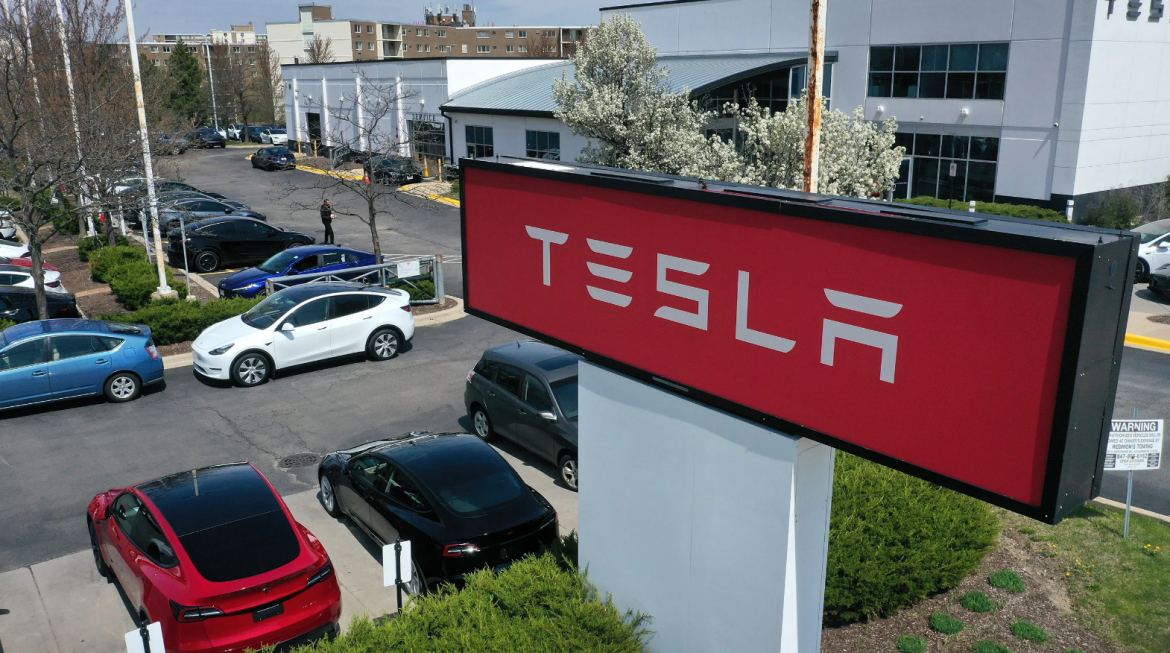In a significant escalation of the ongoing labour dispute, Danish dockworkers and lorry drivers have suspended the unloading and transportation of Tesla cars bound for Sweden. The move comes as Danish labour union 3F aligns with striking Swedish mechanics in their collective action against Tesla.
Tesla faces mounting backlash from unions and pension funds in the Nordic region, stemming from the company’s refusal to meet the demand of Swedish mechanics for collective bargaining rights encompassing wages and working conditions. The dispute has triggered coordinated strikes and sympathy actions across borders.
Chairman of 3F Transport, Jan Villadsen, emphasises the principle of adherence to established rules, stating, “You have to follow the rules if you want to be here.” The union’s decision to join the strike reflects a collective effort to resist unilateral changes in the established labour framework.
Speculations arose that Tesla began using Danish ports to ship cars to Sweden after Swedish dockworkers joined the strike. Confirming these suspicions, Villadsen states that while some cars have indeed passed through Denmark, none are currently in transit, underscoring the impact of the labour actions on Tesla’s logistical operations.
Villadsen anticipates that the conflict with Nordic unions will persist until an agreement is reached with Tesla. Drawing on his experience, he asserts, “All strikes end with an agreement.” The assertion highlights the determination of the unions to secure concessions from the American automaker.
The sympathy action declared by 3F will exclusively impact Tesla cars intended for the Swedish market, reassuring Danish customers that the transport of Tesla vehicles within Denmark remains unaffected.
Dansk Metal, a union representing mechanics in Denmark, is coordinating with unions in other countries and engaging in discussions with Tesla and mechanics within Denmark. While they haven’t joined the sympathy action, Vice Chairman René Nielsen reveals ongoing efforts to garner international support, particularly from German unions where Tesla employs 11,000 workers in Gruenheide, near Berlin.
The widening labour dispute poses challenges for Tesla’s operations in the Nordic region, as unions collaborate across borders to press for collective bargaining rights and fair working conditions. The ongoing negotiations will determine the resolution of this complex and evolving industrial conflict.



